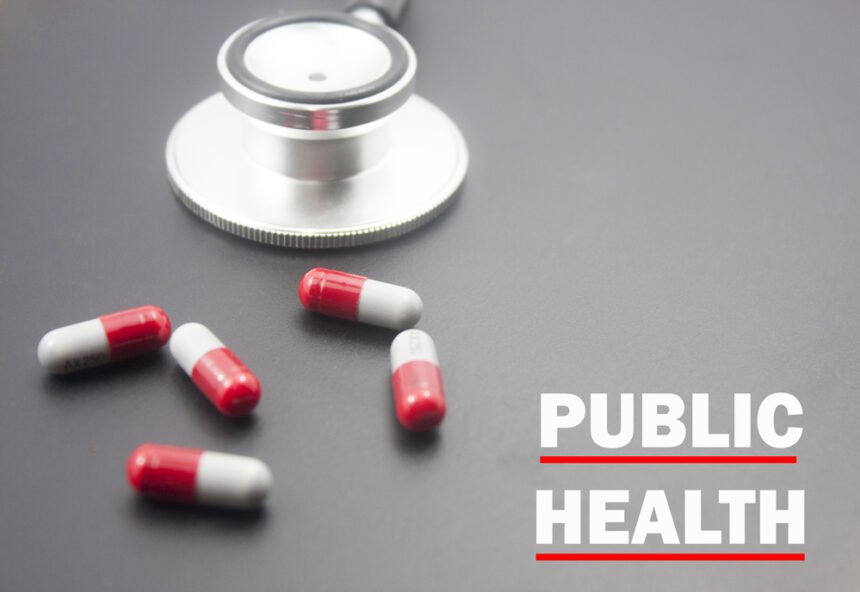The NHS is regarded as one of the best healthcare systems in the world. However, it is under growing strain due to budget cuts, demographic changes, rising obesity rates and a higher prevalence of cancer. NHS policymakers have been forced to address these problems to lower costs, which has prompted them to drug rationing. Cancer drugs have been restricted more than many other types of medication.
NHS Rationing of Drugs Raises Political Ire and Debate Over Sustainability
The NHS primarily restricts access to medication that is geared for terminally ill patients. Some of these drugs can extend patient lifetimes by six months to a year. However, officials say that the benefit is not worth the cost, because it would force them to ration services to patients that could actually make a recovery. ??We know that people with cancer place great importance on drugs that can increase their life expectancy. For that reason we apply as much flexibility as we can when we look at new life-extending treatments. But the reality is that the price of trastuzumab emtansine [the generic name for Kadcyla] is currently too high in relation to the benefits it gives for it to be recommended for routine commissioning in the NHS, even taking into account the end-of-life criteria and the patient access scheme.? In December, many charities were furious after the NHS refuse to cover the breast cancer drug Kadcyla. The NHS responded to criticisms by stating that it cost 90,000 pounds a year for treatment. Charities responded by stating that it can extend a patient?s life expectancy by up to nine months. Research from the United States FDA shows that the average patient using Kadcyla will live another 5.8 more months. Rationing of drug therapies and other essential services are among the growing concerns universal healthcare systems around the world must contend with. As the median age of the population increases and younger patients continue to live less healthy lifestyles, rationing concerns will be larger than ever. The NHS and its counterparts around the world Will need to implement rationing fairly in the face of harsh political backlash. The NHS has since stated that it will continue to fund the drug after reaching a new deal that would make it more affordable. However, other drugs are still rationed, which raises a number of concerns. Patient advocacy groups continue to warn that rationing will come at a large cost to the country. Fiscal experts have other concerns. They fear that being too lenient with drug coverage will threaten the existence of the NHS and place undue burden on the taxpayers. ?Our country will need to make a choice with funding our limited healthcare resources,? said one physician I spoke with. ?The NHS does a better job providing healthcare to its citizens than most countries and we are lucky to have it. But at the end of the day, we must ask whether we should extend the life of an elderly, terminally ill patient by a few months or use those resources to save a young child that could make a full recovery. Those are hard choices citizens don?t want to hear about. The NHS doesn?t have the luxury of ignoring them. They must make these kind of calls every day. We must trust their judgment on these issues.? Financing healthcare will be more difficult as costs rise in the future. The NHS will do everything possible to make sure the needs of UK citizens are met without bankrupting taxpayers.

